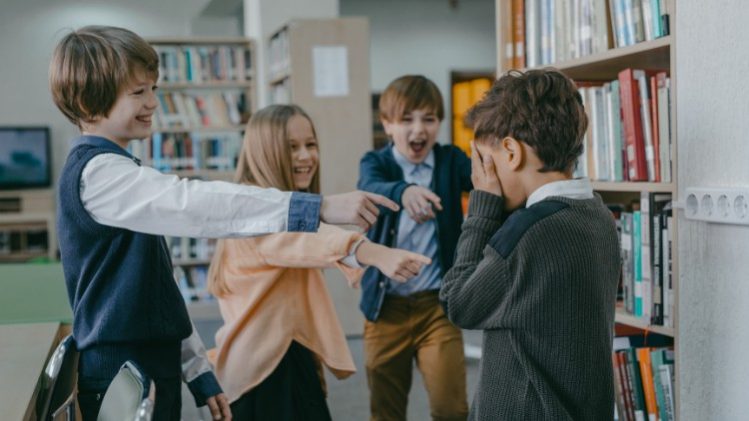
“Slow, deep breathing is important… It’s like an anchor in the midst of an emotional storm: the anchor won’t get rid of the storm, but it will hold you steady until it passes.” -Russ Harris, 2008
Is it finally time to stop running from your broken childhood?
Are you still tormented from dark and abusive childhood memories?
Would you be open to restoring your peace again?
Healing From Childhood Trauma – Tools For Self Improvement, is a course created by best-selling author and veteran wellness coach, Ukay J. Ekong. Each lesson is designed with the intention to take learners through insightful studies on mental health topics. Curriculum follows Ukay’s own personal experiences with childhood trauma growing up in Dallas, Texas and then couples it with researched scientific data that has been filtered out to provide learners only the most valuable and comprehensive information for daily practical use.
Anyone who feels like they may have been dealt a dysfunctional hand during childhood or who continues to struggle to trust others, should strongly consider this course. This is especially true for individuals currently wrestling with feelings of acceptance or self-doubt in adulthood, due to unspeakable or traumatic childhood events.
As a learner, look forward to being able to start the process of ridding the mind of negative voices which seem to only be focused on highlighting false narratives or past regrets. And instead, learn ways to adopt healthy routines and powerful tips lead by a built-in support system, of Mr. Ekong. Coach Ekong’s main focus for learners will be safely guiding them carefully to transformation, and not leaving them without providing various tools to build from in future. If you’re willing to acknowledge your in need of any level of healing, this is a perfect place to start.
This course provides clarity on critical question such as:
- Is childhood trauma PTSD?
- Is childhood trauma common?
- What are childhood trauma responses?
- How childhood trauma affects adulthood?
- Why is my childhood trauma coming back?
Who can most benefit from this course?
This course is best suited for learners focused on a one-on-one, self-development styled education.
We sincerely encourage anyone who considers themselves having struggles with finding self worth, or tormented by abusive childhood memories as an adult.
· Approximately 9.5% of American adults ages 18 and over, will suffer from a depressive illness (major depression, bipolar disorder, or dysthymia) each year.
- While major depression can develop at any age, the average age at onset is the mid-20s.
- With bipolar disorder, which affects approximately 2.6% of Americans age 18 and older in a given year — the average age at onset for a first manic episode is during the early 20s.






